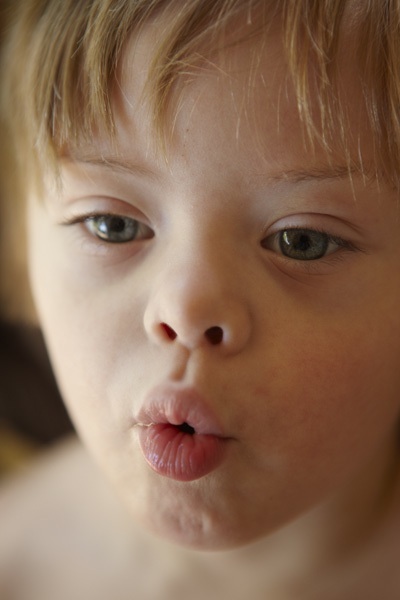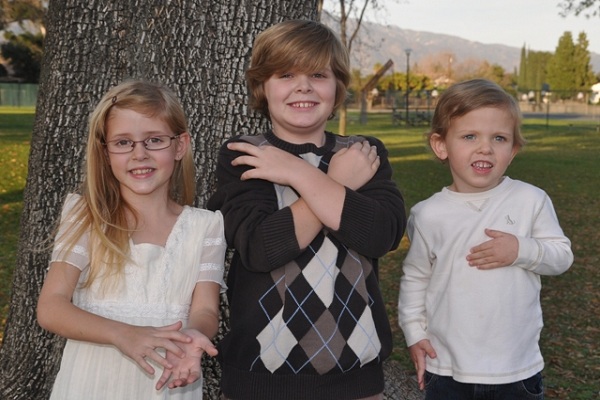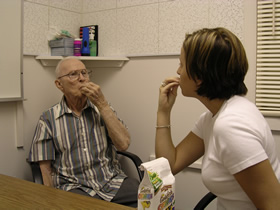Not all speech and language disorders are created equal. Some are trickier to treat than others. While each disorder brings about it’s own challenges, one, in particular, seems to give speech-therapists a bit of a question mark, Childhood Apraxia of Speech (CAS). CAS is a motor speech disorder. According to ASHA, “Children with CAS have problems saying sounds, syllables, and words. This is not because of muscle weakness or paralysis. The brain has problems planning to move the body parts (e.g., lips, jaw, tongue) needed for speech. The child knows what he or she wants to say, but his/her brain has difficulty coordinating the muscle movements necessary to say those words.” For SLPs new or looking for guidance in treatment or evaluation of CAS, there are a variety of great resources available.





